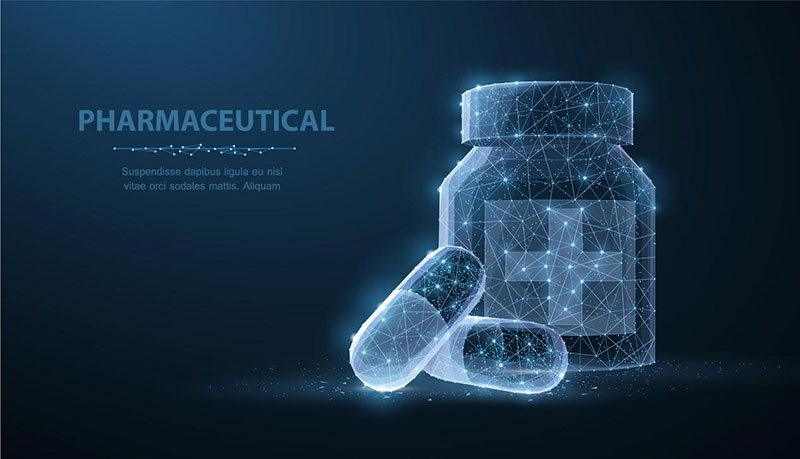Pharmacokinetics can reveal the dynamic changes of drugs in vivo, obtain the basic pharmacokinetic parameters of drugs, and clarify the processes and characteristics of drug absorption, distribution, metabolism and excretion. It is an important basis for the selection of animal species, and also an important basis for constructing the relationship between dose-effect and toxic-effect, which can provide relevant reference information for designing and optimizing the drug administration scheme of clinical trials.

Toxicokinetics is one of the important contents of drug toxicology research, which is mainly to know the systemic exposure degree and duration of the subject under different dose levels in the toxicity test, and to predict the potential risk of the subject when exposed to the human body. Toxicokinetic testing is not a simple description of the basic pharmacokinetic parameters of a drug, but is focused on interpreting the results of toxicity tests and predicting human safety.
Service content:
1. In vitro pharmacokinetic services

1. Metabolic stability (liver microsomes, S9, Cytosol, liver cells, blood)
2. Metabolic stability (liver microsomes, S9, Cytosol, liver cells, blood)
3. Identification of metabolites
4.CYP enzyme inhibition study (DDI and TDI)
5. Evaluation of transporter substrate and inhibition
6. Determination of plasma protein binding rate
7.CYP enzyme induction study
Enzyme phenotype analysis
Two: biological sample analysis

1. Biological analysis of preclinical samples
2. Biological analysis of clinical samples
3.BE sample analysis
